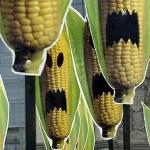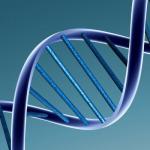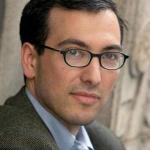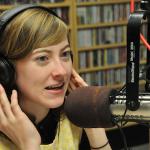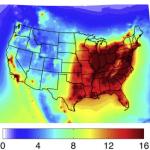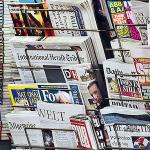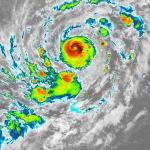I met a friend at a coffee shop in Seattle today. We covered a lot of ground in the short time we had together -- politics, the state of our nation, the state of our city.
science journalism
Good science journalism is hard to find. In a world of fake news, the public needs trusted guides to help them understand complex issues.
In a world of fake news, scientists tend to find comfort within the pages of the scientific literature. While peer review is far from perfect and science often wrong, the process finds the truth in the long-run.
In a nod to science, Newsweek reported that there might be genetic underpinnings to obesity.
The New York Times has some of the worst science coverage in the nation, its Tuesday section notwithstanding.
President Trump caused a controversy when he said that it is "frankly disgusting the press is able to write whatever it wants to write." He is absolutely right
It doesn't matter how bad or wildly untrue an idea might be; it is a near certainty that one can find an academic somewhere who is willing to embrace it.
New polling data from Pew shows that most Americans don't consume any science news whatsoever.
Kurt Eichenwald is an interesting guy -- in the same way that a 47-car pileup on the freeway is interesting. He is, according to his Twitter bio, a contributing editor to Vanity Fair and a New York Times bestselling author.


